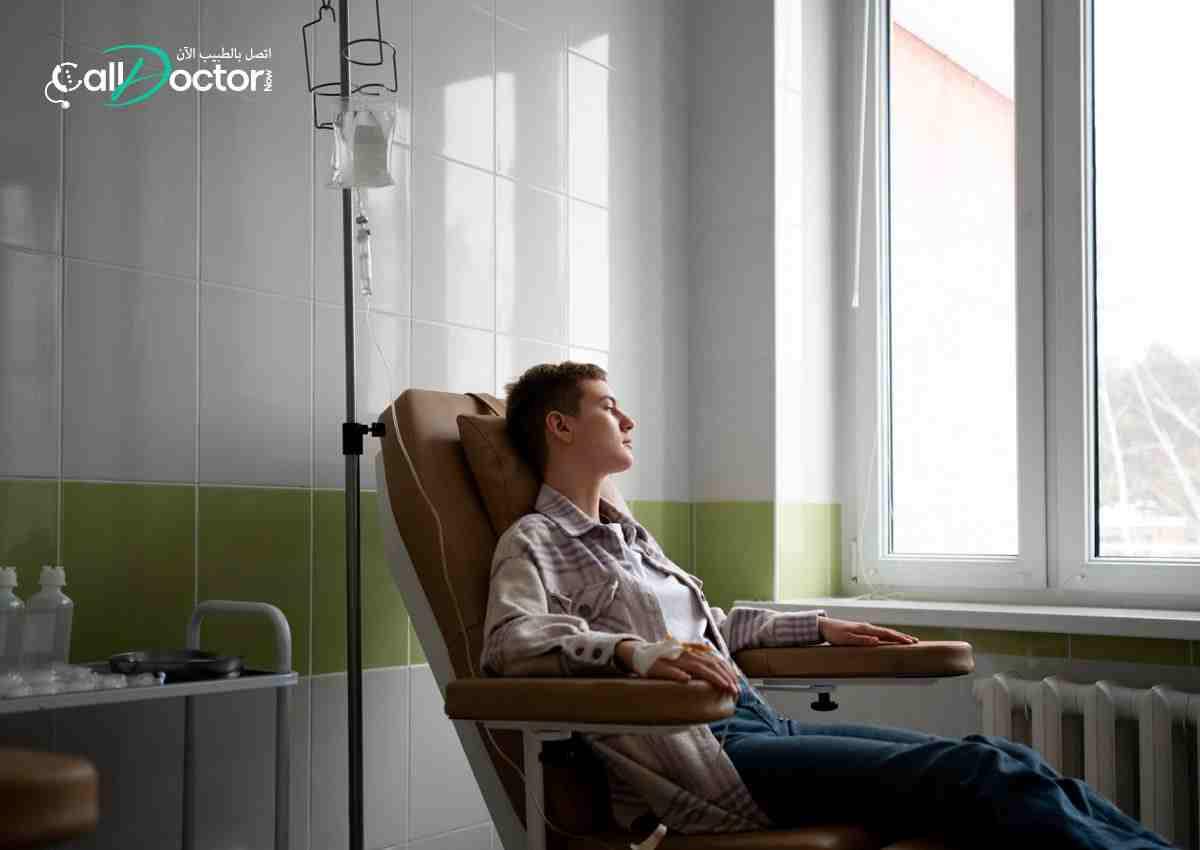The Future of Hospitality: Blending Comfort, Wellness, and Peace of Mind

The hospitality industry has always been about more than just providing a room for the night. At its core, it revolves around offering guests comfort, safety, and memorable experiences. Yet as the world continues to evolve—shaped by shifting guest expectations, rapid technological advancements, and an increased focus on wellness—the future of hospitality is moving toward a deeper integration of health, well-being, and peace of mind into the guest experience.
This transformation is not simply a trend but a fundamental reimagining of what it means to host. Hotels are no longer just destinations for rest and relaxation; they are becoming holistic ecosystems designed to support physical, emotional, and mental well-being. From wellness-focused amenities to health-conscious dining and innovative safety measures, the industry is forging a path where comfort and wellness converge.
The Rise of Wellness-Driven Hospitality
A decade ago, luxury hotels differentiated themselves with extravagant amenities—think infinity pools, Michelin-starred restaurants, and bespoke concierge services. While those remain attractive, the modern traveler is increasingly searching for wellness-oriented experiences. This includes everything from spa treatments and meditation spaces to personalized fitness programs and holistic dining options.
Wellness tourism is one of the fastest-growing segments of global travel, valued at hundreds of billions of dollars. Guests today don’t just want a vacation; they want to leave feeling healthier, rejuvenated, and restored. Hotels that understand this shift are curating experiences around wellness, offering in-room yoga, sleep-enhancing technologies, and access to wellness coaches. The focus has shifted from indulgence to balance—recognizing that true luxury lies in the ability to recharge both body and mind.
Safety as a Core Part of Comfort
Comfort in hospitality has traditionally meant plush bedding, exquisite service, and personalized touches. However, in the wake of global health crises and heightened awareness of safety, the definition of comfort has expanded. Now, peace of mind is just as important as a luxurious room.
Guests want to know they are safe, whether from health risks, accidents, or emergencies. This has led to innovations such as air purification systems, contactless check-ins, and enhanced sanitation protocols. But beyond hygiene, hotels are embedding safety into the very fabric of the guest experience. Trained staff, emergency preparedness, and discreet yet accessible health services are becoming standard. The idea is that true comfort cannot exist without trust—and trust comes from knowing your well-being is prioritized.
The Role of Technology in Redefining Hospitality
Technology is playing a pivotal role in shaping the future of hotels. From AI-powered concierge services to smart rooms that adjust temperature, lighting, and ambiance according to guest preferences, technology is transforming how comfort is delivered.
Contactless technologies are now widely adopted, reducing touchpoints and streamlining the guest journey. Mobile apps allow seamless check-ins, digital room keys, and customized requests at the touch of a button. Smart devices monitor air quality, noise levels, and energy consumption, ensuring both sustainability and guest satisfaction.
But the role of technology goes beyond convenience. For wellness-conscious travelers, tech is enabling personalized health insights through wearable integrations, virtual fitness trainers, and even meditation apps preloaded on in-room tablets. By blending digital innovation with hospitality, hotels can offer an experience that is both futuristic and deeply personal.
Integrating Medical and Wellness Services
One of the most significant shifts in hospitality is the merging of wellness and medical support. Guests are seeking not just relaxation but also reassurance that their health needs can be met, especially when traveling abroad or far from familiar healthcare systems.
Some luxury hotels now offer health screenings, nutritional consultations, and wellness packages that integrate medical expertise with spa-like environments. Others are going further by providing professional healthcare access directly on-site. It’s not uncommon for resorts and high-end properties to have partnerships with local clinics, or even resident healthcare providers, to support guest needs. The presence of a Iv drip in dubai ensures that guests can travel with peace of mind, knowing that help is available should the unexpected occur.
This blending of wellness and healthcare is creating a new category of hospitality—one that prioritizes not just pampering but also genuine safety and reassurance. For families, business travelers, and older guests, this is becoming a deciding factor when choosing where to stay.
Redefining Dining for Health and Well-Being
Hospitality has always been closely tied to food and dining experiences. Today, however, hotel dining is moving far beyond indulgent meals and extravagant presentations. Health-conscious menus are increasingly in demand, with hotels offering organic, locally sourced, and plant-based options.
Guests want meals that support their lifestyle choices, whether it’s gluten-free, vegan, keto, or other specialized diets. In addition, many hotels now emphasize transparency, showcasing the nutritional value of their dishes and promoting mindful eating. Some properties even provide immersive culinary experiences such as cooking classes, farm-to-table tours, or nutrition workshops.
Food has become not just about taste, but about supporting wellness journeys, ensuring guests leave with both full stomachs and healthier habits.
Sustainability as a Dimension of Wellness
An often-overlooked element of comfort and peace of mind is sustainability. Modern travelers are increasingly eco-conscious, seeking accommodations that align with their values. Hotels are responding by adopting green initiatives such as renewable energy, water conservation systems, and zero-waste dining programs.
Sustainability contributes to wellness on a broader scale—guests feel reassured when they know their stay is not harming the environment. From biodegradable amenities to architecture that maximizes natural light and airflow, eco-conscious hospitality creates a sense of well-being that extends beyond the individual to the planet.
The Emotional Side of Hospitality
Wellness in hospitality is not just about physical health; it’s also about emotional and mental well-being. Travelers often seek connection, relaxation, and balance. Hotels are beginning to address this through thoughtful design, curated experiences, and mindfulness practices.
Spaces are being designed with tranquility in mind, incorporating natural elements like greenery, water features, and calming color palettes. Programs such as meditation sessions, art therapy, and cultural immersion experiences add depth to the stay, nurturing the soul as much as the body.
By creating environments that reduce stress and foster emotional balance, hotels can transform a simple trip into a holistic journey.
Looking Ahead: What Guests Can Expect
The hospitality industry of tomorrow will be defined by an integrated approach to comfort and wellness. Guests can expect:
-
Personalized wellness programs tailored to individual needs.
-
On-demand healthcare access, making medical support part of the guest experience.
-
Smart technology integration that adjusts to guest preferences automatically.
-
Sustainable practices that ensure guilt-free luxury.
-
Experiences designed for the mind, body, and spirit, not just convenience.
As the line between hospitality, wellness, and healthcare continues to blur, hotels will evolve into sanctuaries that offer not only rest but also rejuvenation and reassurance.
Conclusion: Comfort, Wellness, and Peace of Mind as the New Standard
The future of hospitality lies in its ability to blend comfort with wellness and provide true peace of mind. It is no longer enough to offer luxury accommodations or attentive service; guests are demanding holistic experiences that support their health, safety, and happiness.
By embracing wellness-driven design, integrating medical support, leveraging technology, and committing to sustainability, hotels can redefine what it means to be a host. The guest of the future will measure value not just in thread counts or menu options but in how well a hotel supports their overall well-being.
Ultimately, the hotels that thrive will be those that understand this shift and rise to meet it—providing a sanctuary where comfort, wellness, and peace of mind exist in perfect harmony.






